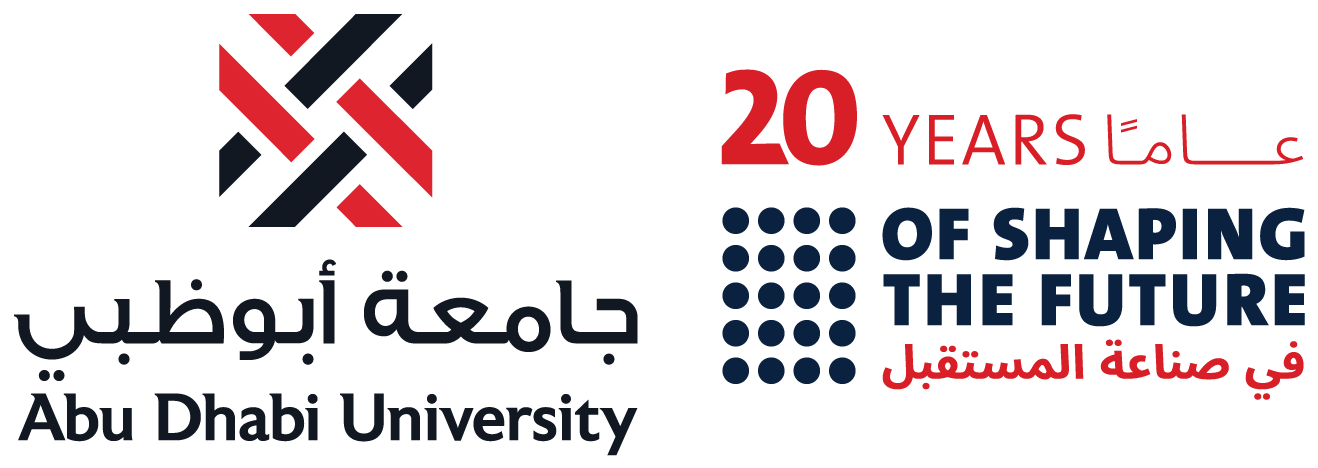Currently, AI-generated content seems creative because it replicates the essence of creativity in the original data the AI was trained on. Given its capacity to acquire practically limitless context, it can still make novel connections between concepts. A human could process information far more creatively but still be limited in his or her capacity to consider all information available.
In this regard, AI can support creative types through its capacity for knowledge. It may, for example, synthesize two ideas in a new way that could inspire a writer to create a truly novel third. One can feel such action in asking AI to produce an image combining elements not seen commonly together. At least for many intents and purposes, the generated image would be considered by many creatives. It may not match what a truly creative artist can do, but it may inspire them in ways that did not exist in the past. At the very least it may block specific creative pursuits deemed from the beginning not worth the effort.
However, as more generated content becomes available, and AI is at the limit of the content it consumes for training, it will start to consume its own generated content as training. This is a dangerous loop that stands to get worse in quality as time goes by.
Hence the need for humans to continue to create, if AI is to continue to be of usable quality.
What about the Human Touch?
AI can pretend to care. It is designed to make it difficult to tell if it is a caring customer representative or an AI pretending to be one. The world is split on this aspect. Most may be content with services that do not involve a human touch. When the world discovered e-commerce, some did all their shopping using it and preferred never to speak to an agent at any point. On the other hand, people still want to go to an endless display of things they may want to buy. They want to discover and talk to a salesperson. The value of hand-made goods increased compared to factory products. So will be the value of human-made sales as compared to machine made. Both will thrive in their own way. Users will use AI-generated artwork for their day-to-day business or school needs, but they will also want to have a hand-drawn portrait. In fact, as AI drives the less talented out of the market, the rates of the talented will spike.
Prof. Mohammed Ghazal
Professor of Electrical and Computer Engineering
